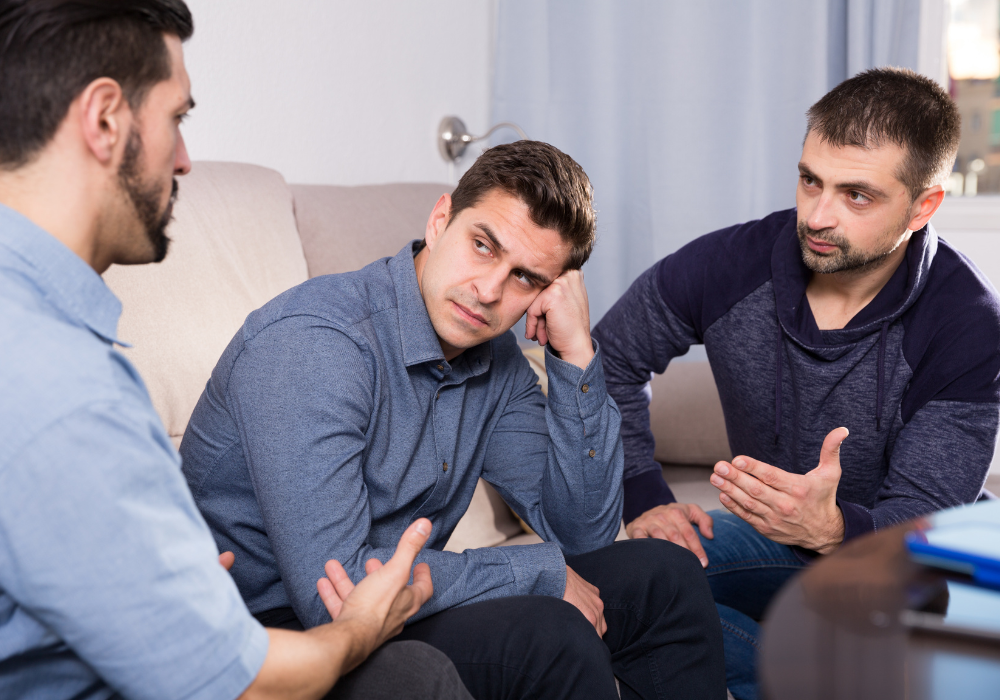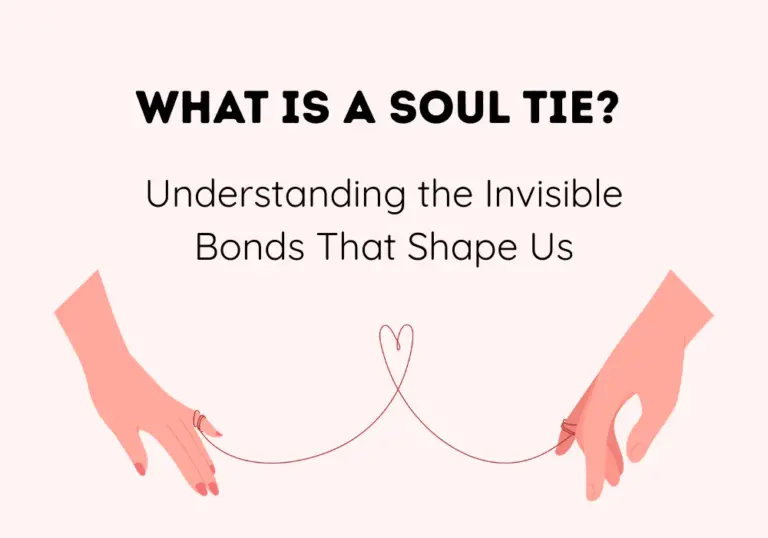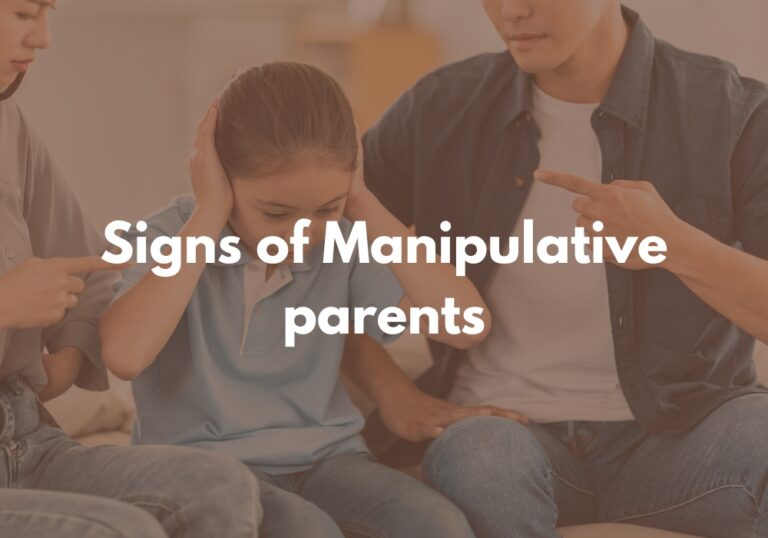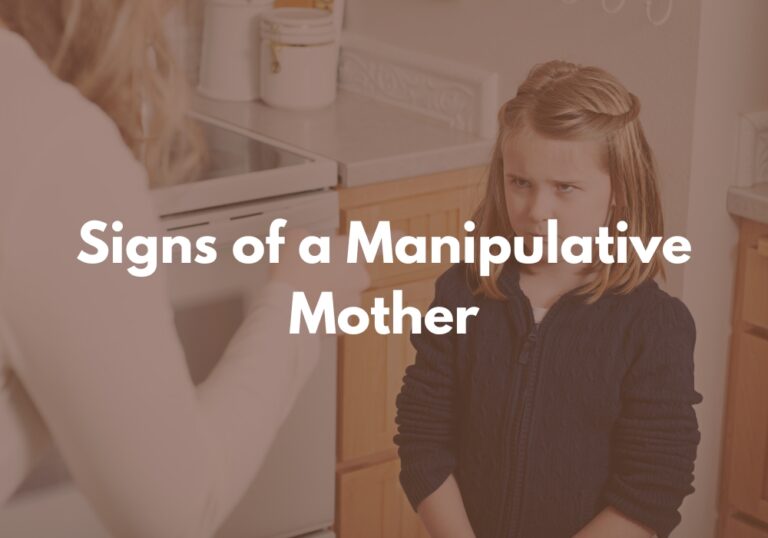A toxic friend is someone who drains your energy and makes you feel worse after every interaction. They often act selfishly, manipulate you, and bring constant negativity. Unlike healthy friendships based on mutual respect and support, toxic friendships are one-sided and harmful. These friends can undermine your confidence, create drama, and ignore your boundaries, causing more harm than good.
Friendship is supposed to be a source of support, joy, and camaraderie. But what happens when a friendship becomes a source of stress, sadness, or conflict? Toxic friends can turn what should be a positive relationship into something harmful and draining.
In this article, we’ll explore the signs of toxic friends and guide how to break up with them correctly.
How do toxic friendships affect you?
Toxic friendships can seriously harm your well-being. Constant negativity, conflict, and stress can make you anxious, lower your self-esteem, and leave you emotionally drained. Over time, these effects can hurt your confidence and stop you from growing. A study in the Journal of Health and Social Behavior found that people with high levels of negative interactions, like toxic friendships, were 22% more likely to experience severe depression.
This shows the importance of having positive, supportive relationships for your mental and emotional health.
Common Signs of a Toxic Friendship:
Spotting toxic friends can be hard, especially if you’ve known them for a long time. Watch for these signs:
1-Jealousy and Competition:
Friendly competition can be good, but some friends make it harmful. They may always compare themselves to you, put down your accomplishments, or be jealous of your success. This can make things stressful and not supportive. It’s important to know these actions and remember that real friends help each other without feeling scared. If your friend tries to outdo you instead of being happy for you, it could be a sign they are a toxic friend.
2-Manipulation and Control:
Toxic friends can be very manipulative, using guilt, fear, or pressure to control what you do. They might make you feel bad for spending time with others or push you into doing things you’re not comfortable with. This behavior can make you doubt your choices and hurt your confidence. It’s important to recognize these actions. Healthy friendships are built on respect and freedom, not control. If you feel like you’re always careful not to upset them or feel forced into things, it’s time to rethink the friendship.
Related:18 Signs of Manipulative People
3-Boundary Violations:
Toxic friends often ignore your boundaries. They might invade your privacy, make unreasonable demands, or disrespect your time and space. True friends understand and respect your limits. If your friend frequently crosses the line and disregards your boundaries, it’s a sign of a toxic relationship.
4-Always Finding Faults:
Toxic friends often point out your flaws and mistakes instead of supporting you. They might always criticize you, make you feel bad, or bring you down instead of lifting you up. Real friends accept you as you are and give helpful feedback without being mean.
5-Unreliability
Toxic friends often show “Unreliability” through fake apologies. They cancel plans, forget commitments, or aren’t there when you need them, and then casually say sorry. These empty apologies don’t fix the problem and show they aren’t dependable. This behavior leads to frustration and instability. Recognizing this unreliability helps you understand how friendship affects your well-being.
6-Constant Negativity:
One of the most common signs of a toxic friend is their constant negativity. They always seem to find something to complain about, which can bring you down. Their pessimistic outlook can impact your mood and perspective on life. Instead of uplifting you, a toxic friend drags you into their cycle of complaints and criticisms. It’s important to pay attention to how you feel after spending time with this person. If you consistently feel drained or unhappy, it may be a warning sign. Surrounding yourself with positive influences that foster growth and happiness is crucial, instead of those who bring you down.
7-Center of attention:
A sign of a toxic friend is their constant need to be the center of attention. They dominate conversations, ignoring your thoughts and feelings. They often interrupt or steer discussions back to themselves, making it hard for you to share. This self-centered behavior disrupts the balance needed in a healthy friendship.
8-Sharing secrets:
A sign of a toxic friend is when they share your secrets. This breaks your trust and shows they don’t respect you. It can make you feel hurt and betrayed. In good and healthy friendships, confidentiality is key.
9-Selfish Behavior:
Toxic friends often behave selfishly, always focusing on their own needs and problems. They rarely ask about you or make sure your needs are met. Pay attention to how much of your time together is spent on them rather than you. A healthy friendship should be balanced, not always centered on one person.
10-Imbalance of Effort:
A clear sign of a toxic friendship is an imbalance of effort. You may find yourself constantly putting in more effort into the relationship than your friend does. This can manifest in always being the one to initiate plans, check in on them, or offer support without receiving the same in return.
How to Break Up With a Toxic Friend the Right Way
Ending a toxic friendship can be tough, but it’s important for your well-being. Here are some steps to help you break up with a toxic friend in a healthier way:
1-Reflect on the Relationship:
Before making any decisions, it’s important to carefully assess your friendship. Consider how the relationship makes you feel and balance the negatives with the positives. Reflect on the patterns of behavior and their impact on your life. This self-evaluation will help you decide whether ending the friendship is the right step for you.
2-Set Boundaries:
Setting clear boundaries is crucial when dealing with toxic friends. Let them know what behaviors are acceptable and not acceptable in your friendship. For instance, if your friend constantly puts you down or disregards your feelings, calmly explain how their actions affect you.
Practice assertiveness by clearly communicating your feelings and boundaries without aggression or defensiveness. Use “I” statements to explain how their actions personally affect you. This can lead to constructive conversations and possibly finding a solution. Sticking to these boundaries will help you maintain self-respect and keep your emotions healthy.
3-Gradually reduce contact:
If you realize a friendship is toxic, slowly decrease the time you spend together to protect your emotional well-being. Creating distance from negative influences helps minimize stress and gives you room to focus on nurturing positive relationships.
4-Get support:
Dealing with a toxic friendship can make you feel alone, but you don’t have to handle it by yourself. Talk to trusted friends, family, or a therapist for support and advice. They can validate your feelings and help you figure out how to set boundaries and take care of yourself.
5-Letting go without guilt:
Ending a toxic friendship can be difficult, especially if you care about the person. Remember, prioritizing your mental and emotional well-being is not selfish.
Letting go of toxic friends means putting yourself first. It’s okay to step away from harmful relationships. Set boundaries and get support from caring people. Focus on your happiness and surround yourself with positive influences. Don’t feel guilty for making choices that are best for you and allow you to focus on relationships that are supportive, respectful, and positive for your growth.
6-Seek Closure:
After ending a toxic friendship, closure is important for your emotional well-being. This can involve having a final conversation to express your feelings or quietly accepting the friendship’s end. Focus on moving forward positively.
7-Learn from the Experience:
The last tip but not least, reflect on what you’ve learned from the friendship. Think about your boundaries and values. Use this knowledge to grow and build healthier relationships in the future.
Conclusion:
Recognizing and ending with a toxic friend is tough but vital for your mental health. By understanding the signs of toxic friendship and taking steps to end those relationships, you create space for better connections. So, Focus and Prioritize your happiness and surround yourself with people who genuinely care about your growth and well-being.
You deserve the best (;
⇒”Discover the warning signs of fake friends and protect your inner circle. Read ‘How To Avoid Fake Friends: 11 Warning Signs‘ now!”








